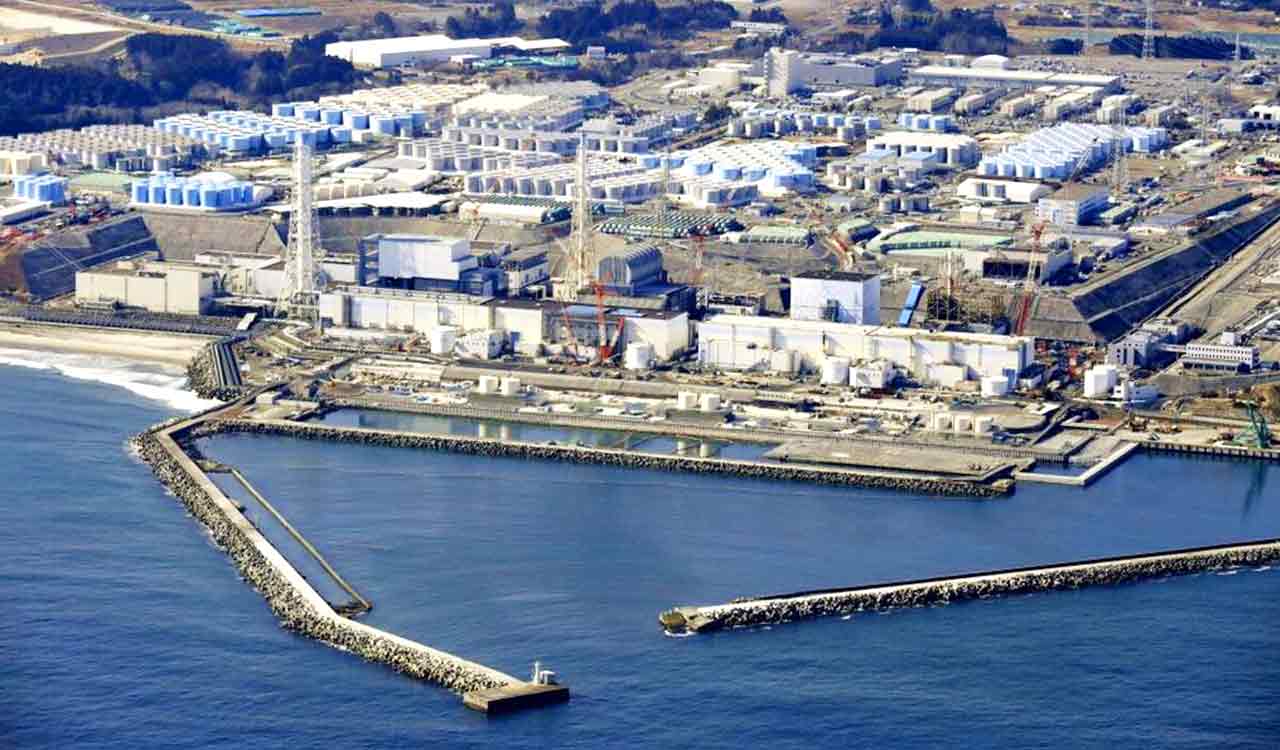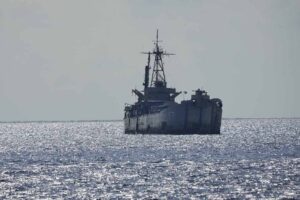Like the preceding three releases, approximately 7,800 tons of wastewater, retaining tritium, a radioactive element, will be discharged over a period spanning about 17 days.
Updated On – 28 February 2024, 10:27 AM

Tokyo: Japan on Wednesday started the fourth-round of release of nuclear-contaminated wastewater from the crippled Fukushima Daiichi Nuclear Power Plant into the Pacific Ocean.
Despite opposition from local fishermen, residents as well as backlash from the international community, Tokyo Electric Power Company (TEPCO), the plant’s operator, started discharging the radioactive wastewater at around 11:30 a.m. local time, Xinhua news agency reported.
Similar to the previous three rounds, about 7,800 tons of the wastewater, which still contains tritium, a radioactive substance, will be discharged over about 17 days.
Hit by a 9.0-magnitude earthquake and an ensuing tsunami on March 11, 2011, the Fukushima nuclear plant suffered core meltdowns that released radiation, resulting in a level-7 nuclear accident, the highest on the International Nuclear and Radiological Event Scale.
The plant has been generating a massive amount of water tainted with radioactive substances from cooling down the nuclear fuel in the reactor buildings, which are now being stored in tanks at the nuclear plant.




